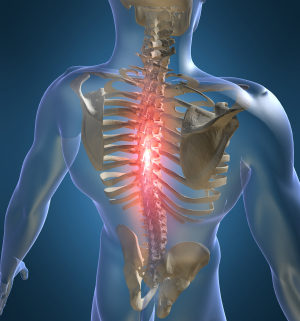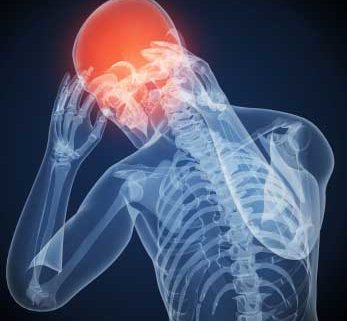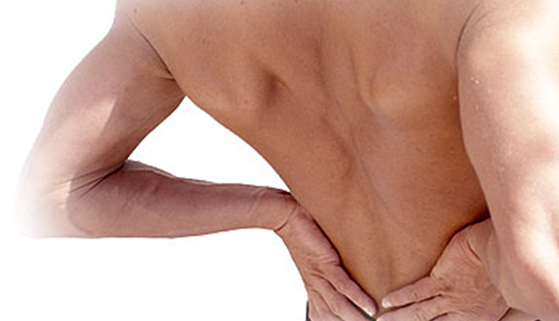Hip Pain Management – How can a Chiropractor Help?
 There are two types of hip pain discussed in this article, referred hip pain, and true hip pain.
There are two types of hip pain discussed in this article, referred hip pain, and true hip pain.
Referred hip pain travels along a nerve that comes from the back. The painful sensation is felt in a location where the nerve travels (or ends), not from the point where the nerve is being pinched.
Pain in the hip joint can also originate from swelling due to an injury, such as a sprain, strain, or fracture. Infection, arthritis, or malignance can also result in hip joint pain. One cause of referred hip pain can be a pinched nerve in the back. Treatment for this type of hip pain can be alleviating the pinched nerve in the back.
True hip pain that originates from the hip joint can be caused by an acute (car accident injury) or chronic (arthritis) condition.
There are two objectives for treating acute hip pain:
1) Control and reduce any swelling
2) Restore mobility and functionality of the hip joint and leg
Ultimately, the goal of treatment from a chiropractor is to determine the cause of the hip joint pain, relieve or completely eliminate the cause, and rehabilitate the affected hip joint. A chiropractor can help determine the cause of your hip pain, whether it is coming from a pinched nerve in your spine, or from the hip joint itself.
An acute hip injury can be difficult to treat since the hip joint resides a few inches below the skin. Ice should be applied for short periods of time (less than twenty minutes). By elevating the affected hip you can alleviate hip pain and swelling. You can do this by lying on the opposite side of the hip injury.
How can a chiropractor help?
When treating chronic hip pain, a chiropractor will record the history of the pain, administer an examination, and diagnose the problem. Your chiropractor will then recommend a treatment program to treat the hip pain. You may also be provided with an outline of goals and recommended changes in lifestyle to reduce the chances of re-injury, as well as a plan to manage your current condition.
Other treatments might include:
– Adjustment procedures to the hip joint
– Diathermy treatment (deep heating of tissues is accomplished by the use of high-frequency electrical current).
– Massage therapy to improve hip joint mobility
Your chiropractor might also recommend:
– Stretching and exercising to prevent against re-injury
– Nutritional supplements (such as calcium)
– Routine bone density checks
Both acute and chronic hip pain can benefit from chiropractic care, along with regular exercise, stretching, good nutrition, and nutritional supplements. Your chiropractor will work with you to create a treatment program that will help you improve mobility, reduce pain, and minimize hip joint irritation.




